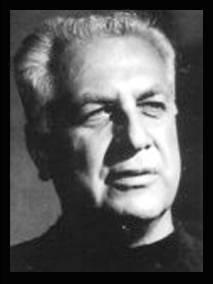The release date for Where Excuses Go to Die has finally arrived.
 Not until today could the story behind this highly personal motto be told.
Not until today could the story behind this highly personal motto be told.
My reasons are simple. First, with today’s official publication of Where Excuses Go to Die, I’ve paid myself back for the opportunities, experiences, friends, and belongings that the consequences of my actions took from me. Second, a prison sentence was the first thing I ever started and saw through to the end, and the long journey of bringing this book to market would never have begun if I hadn’t formulated and maintained a relationship with delayed gratification. Neither would certain realizations have been triggered by the input of those I encountered along the way. The late comedienne Lotus Weinstock, for example, encouraged me to consider developing my newfound voice under less isolating circumstances, and her advice came just as the meaning of the concept — having a voice at all — was finally becoming clear.
Where Excuses Go to Die contains a good number of instances where the lights came on. But this is the most important of all: Read more


